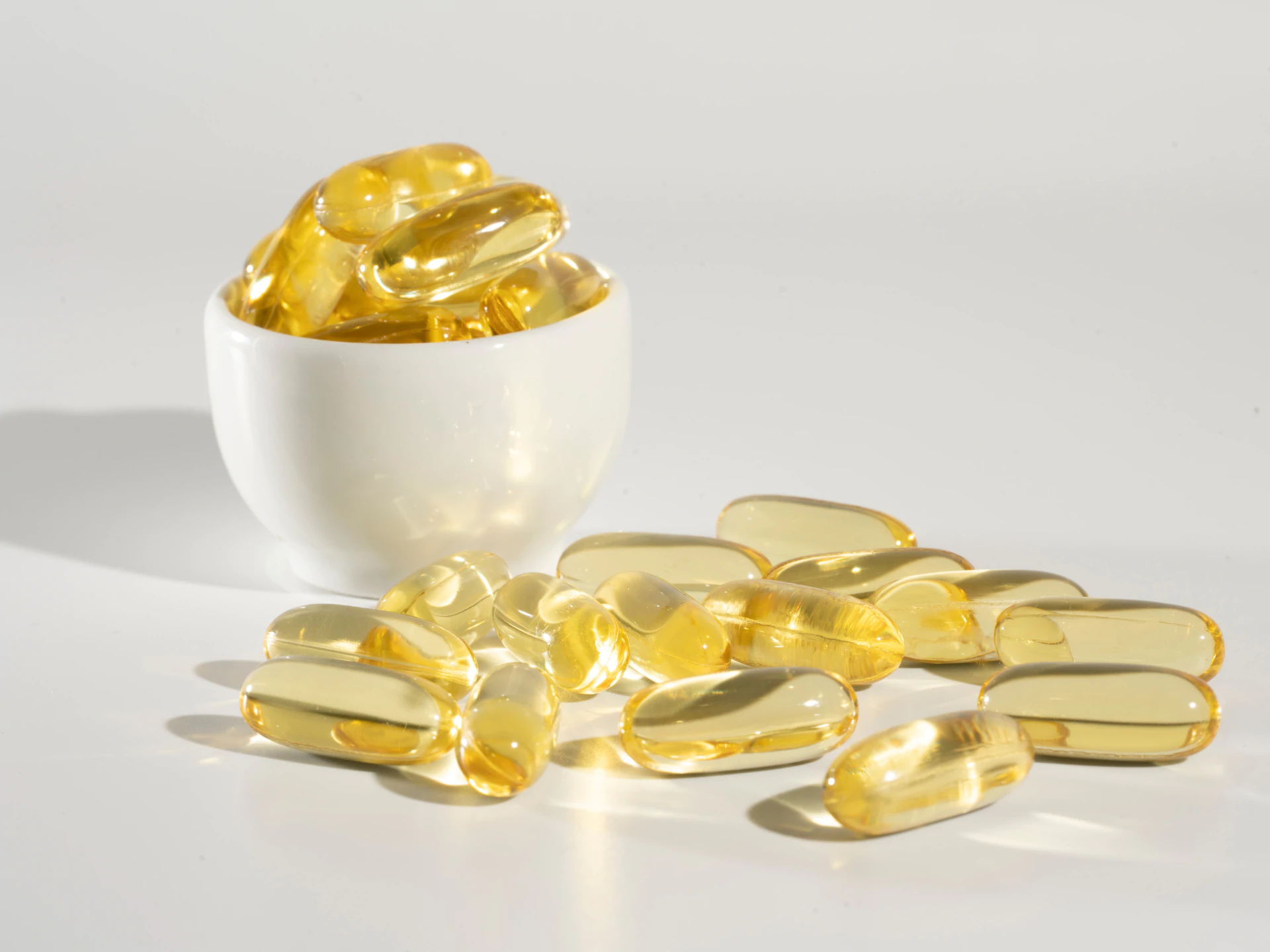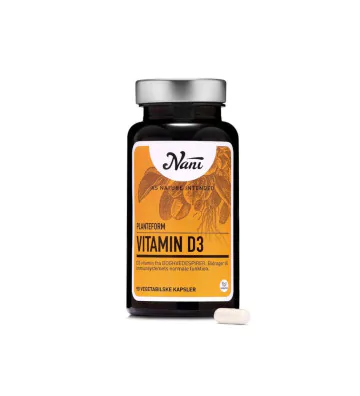UP TO 60% OFF SUMMER SALE
-
WOMEN
add remove
- All >>
-
Supplements
add remove
- All >>
- New
- Bestsellers
- Special offers
- Ashwagandha
- Colostrum
- Collagen
- Omega 3-6-9 acids
- Magnesium
- Vitamin C
- Vitamin D
- Kwas hialuronowy
- Amino Acids
- Anti-Aging
- Pregnancy and lactation
- Detox
- Energy
- Fit & Sport
- Medicinal mushrooms
- Bones and joints
- Fatty acids
- Brain, Memory, Concentration
- Functional beverages
- Eyes
- Weight loss and diet
- Resistance
- Nails
- Dream
- Leather
- Inflammation
- Stress
- Superfood
- Digestion
- Urinary system
- Liver
- Hair
- Vitamins and minerals
- Hormonal support
- Bestsellers
- Collagen
- Colostrum
- Gift cards
- Gift sets
-
MEN
add remove
-
Supplements
add remove
- All >>
- New
- Bestsellers
- Special offers
- Ashwagandha
- Colostrum
- Collagen
- Omega 3-6-9 acids
- Magnesium
- Vitamin C
- Vitamin D
- Amino Acids
- Anti-Aging
- Detox
- Energy
- Fit & Sport
- Medicinal mushrooms
- Bones and joints
- Fatty acids
- Brain, Memory, Concentration
- Functional beverages
- Eyes
- Resistance
- Nails
- Dream
- Cardiovascular
- Leather
- Inflammation
- Stress
- Superfood
- Digestion
- Urinary system
- Digestive system
- Liver
- Hair
- Vitamins and minerals
- Hormonal support
- Bestsellers
- Collagen
- Colostrum
- Probiotics
- Weight loss and diet
- Collagen
- Colostrum
- Gift cards
- Gift sets
-
Cosmetics
add remove
- All >>
- New
- Bestsellers
- Special offers
- Aromatherapy
- Body and bath
- Hands
- Oral cavity
- Tanning
- Intimate hygiene
- Feet
- Face
- Hair
- Bath cosmetics
- Hair care cosmetics
- Hair Styling
- Hand creams
- Natural
- Facial cosmetics
- Essential oils
- Beard care
- Intimate hygiene
- Deodorants and antiperspirants
- Cosmetics kits
- Against wrinkles
- Gift cards
- Gift sets
-
CHILDREN
add remove
-
Supplements
add remove
- All >>
- New
- Bestsellers
- Back to School
- Special offers
- Colostrum
- Omega 3-6-9 acids
- Magnesium
- Vitamin C
- Vitamin D
- Pregnancy and lactation
- Bones and joints
- Fatty acids
- Brain, Memory, Concentration
- Eyes
- Resistance
- Dream
- Digestion
- Digestive system
- Vitamins and minerals
- Bestsellers
- Colostrum
- Gift cards
- Gift sets
- Accessories add remove
- COLLAGEN
-
BRANDS
add remove
- MOST POPULAR add remove
- SUMMER SALE
Search for
- All
- Product
- Brand
Free delivery

SHIPPING TODAY!
Order within:
06
h08
min41
sec
Shipping next business day
0 items
0.00 zł
Total
0.00 zł
Blog navigation

Learn how to prevent and treat vitamin D deficiency
Posted on:
2024-12-13
Table of contents
Vitamin D is called one of the most important vitamins for our bodies for a reason. Although the body needs them all, a deficiency of just vitamin D can have truly deplorable consequences. What are the symptoms of vitamin D deficiency? What doses should we take? Why is it so important? These questions will be answered in the following article.
Vitamin D - deficiency can end badly. Why is this vitamin so important?
Vitamin D has many key functions in the human body. It is responsible not only for the immune system. First of all, it helps in the absorption of calcium and phosphorus, and this is essential for maintaining healthy bones and teeth. Thus, it protects against osteoporosis, bone brittleness and dental disease. In addition, it participates in hormonal processes, including enabling the production of testosterone. This therefore affects both men's mental and physical health. Studies show that vitamin D can reduce the risk of cardiovascular disease, type 2 diabetes and even some cancers [1]. Additionally, it takes care of a better mood - that's why it's called the joy vitamin. Its low levels can therefore affect mood, but also cognitive function. So what is vitamin D deficiency associated with? The symptoms are worth knowing so that you can quickly recognize the problem.

Where does vitamin D come from?
The body obtains vitamin D in several ways, but the most important is skin synthesis. It takes place under the influence of UV radiation during sun exposure. The skin produces it naturally, and it is worth noting that this is the most efficient way to obtain vitamin D. This is why supplementation is not necessary during the spring and summer months, when we have the opportunity to synthesize it via sun exposure. Diet also helps to provide vitamin D, but its food sources are limited. These are mainly fatty fish, mushrooms and dairy products. Diet is therefore not the best way to combat vitamin D deficiency.
Vitamin D deficiency - symptoms
Symptoms of vitamin D3 deficiency can affect various systems because of such an important function of this vitamin in our body. Some are also appropriate for deficiency of other vitamins or minerals, so never guess - get tested. Only blood tests can tell you with certainty that it is a deficiency that is causing you to feel worse or have health problems. What are the symptoms of vitamin D deficiency?
- Reduced immunity - more frequent infections, especially of the respiratory system, may suggest that you are suffering from vitamin D deficiency. Remember that in our latitude, supplementation is recommended during the fall and winter, when there is an increased risk of infection.
- Chronic fatigue - if you notice that fatigue does not subside even after rest, you may suspect vitamin D deficiency.
- Mood problems - vitamin D deficiencies affect mental health, leading to lowered mood or even increased anxiety. Severe vitamin D deficiency can cause depression.
- Weakened muscle recovery - this is a problem seen primarily in physically active people. If you see that you need more recovery time after a workout, and are more prone to injury, be sure to get your vitamin D levels checked.
- Bone pain - Vitamin D deficiency can also manifest as bone pain. In extreme cases, it can lead to rickets in children and osteomalacia in adults.

How to prevent vitamin D deficiency?
You already know what the danger of vitamin D deficiency is. The symptoms are really dangerous, so it is better to prevent them than to treat them. How can you do this?
- By exposure to the sun - going outside without sunscreen is not very healthy from a skin point of view. Yet for getting vitamin D, this is one of the best methods. Half an hour a day outdoors, with arms and legs exposed, without SPF, is an excellent way to replenish vitamin D. This is, of course, a method suitable only in spring and summer.
- Through diet - although we've already mentioned that diet is not the best way to ensure that you get enough vitamin D, it can assist in replenishing it. Fatty fish, fish oil, eggs, dairy - these foods can help you maintain adequate vitamin D levels.
- Through supplementation - this is the recommended and best way to supplement deficiencies, but also to prevent them, and is necessary especially during the autumn-winter period, that is, from October to March. This is when skin synthesis is insufficient. What dose of vitamin D3 should be taken in supplements? It's between 800 and 2,000 units [2].

How to treat vitamin D deficiency?
Treatment of vitamin D deficiency usually involves supplementation in doses determined by the doctor. This is done, of course, on the basis of an ordered blood test. The dosage depends on the severity of the deficiency and the needs of the body. It is possible to supplement with higher doses to replenish vitamin D levels, and then have the doctor order maintenance doses. In cases of deficiency, regular blood tests are also necessary to monitor the effectiveness of supplementation.
What are the symptoms of vitamin D excess?
As with most vitamins, vitamin D can be overdosed. Vitamin D excess is possible and usually occurs due to improper supplementation. Hypervitaminosis D is rare, but it is worth knowing about. It causes nausea, weakness, headaches, heart problems and potentially kidney problems, due to excess calcium deposited in the kidneys.
Vitamin D is not just a way to take care of the body's immunity. It's a supplement that allows you to get through autumn and winter in health and joy. It's worth remembering it so that you don't have to deal with deficiency symptoms.
Source
Related products
Vitamin D3 2000 IU FORTE, MCT, drops 50ml
Old price: 29.90 zł
Price: 28.41 zł
Discount: 5%
Save up: -1.50 zł
Why choose Vitamin D3 Forte MCT-Oil by Aura Herbals?
100% natural...
Vitamin D3, plant forms, 90 capsules
Old price: 69.00 zł
Price: 48.30 zł
Discount: 30%
Save up: -20.70 zł
Nani Vitamin D3 in plant form
Contributes to the absorption of calcium...
Vegan D3, Vitamin C & Zink
Old price: 110.00 zł
Price: 88.00 zł
Discount: 20%
Save up: -22.00 zł
A combination of highly bioavailable minerals to support your immunity
50...
copy of Vitamin D3 + K2 - Dietary supplement 60 pcs.
Old price: 45.00 zł
Price: 40.50 zł
Discount: 10%
Save up: -4.50 zł
Sunshine enclosed in a bottle - for strong bones.
Supports the functioning...
Related posts
 THEGLOOW.COM specialists
THEGLOOW.COM specialists
Posted in:
THEGLOOW.COM
2023-09-01
THEGLOOW.COM store is not just a place to shop. It's a space where experts in various fields co-create harmony of...
Read more
 Responsible supplementation - the key to individual success
Responsible supplementation - the key to individual success
Posted in:
Supplements
2023-09-14
Supplementation is a sphere of life that most of us are paying more and more attention to. Surveys indicate that more...
Read more
 A healthy lifestyle is a kind of balance. Agnieszka Woźniak-Starak
A healthy lifestyle is a kind of balance. Agnieszka Woźniak-Starak
2023-09-14
One of the biggest and most beautiful Polish celebrities, known from television, radio, and the Triangle - the...
Read more




